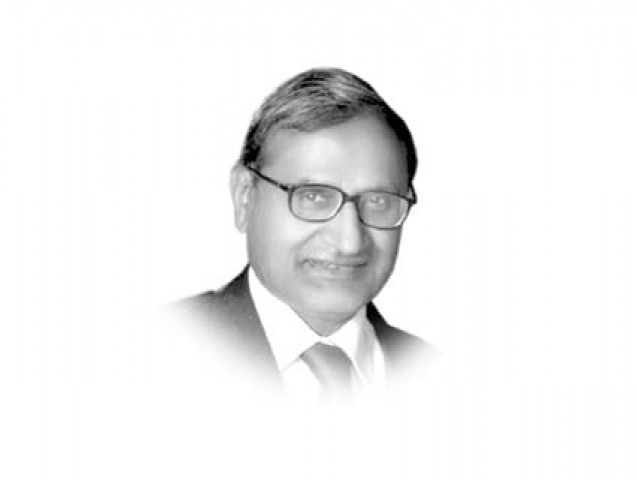The road to growth
Musharraf’s creative national accountants messed up data to such an extent that now they themselves cannot read it.

The road to growth
It was not all pure economics, though. Musharraf’s creative national accountants messed up the data to such an extent that now they themselves cannot read it properly. Fiscal year 2003-04; 2004-05, in which they achieved “historic GDP growth and poverty reduction”; and 2005-06 are full of idiosyncratic numbers. For instance, GDP growth in 2003-04 was an impressive 7.5 per cent. It was based on a more than doubling of growth in large scale manufacturing (18.1 per cent) in a single year! This was despite the fact that real total fixed investment declined by six per cent and investment in large-scale manufacturing by 4.6 per cent. With a decline of 2.2 percentage points of GDP in total fixed investment, growth could have come only from consumption! A Nobel Prize should have been awarded for this innovative formula of growth without investment. But wait, 2003-04 was adjusted to correct the base for the master stroke in 2004-05 when GDP growth resulting from creative accounting was shooting through the roof and into double digits. It was contained to nine per cent with great difficulty by showing a 13.5 per cent real increase in total fixed investment. Gross investment was jacked up by increasing, without any basis, the value of stocks by 7.3 per cent in real terms. Stocks do not change so rapidly. In 2003-07, this was changed with impunity.
In its composition, growth for 2004-05 had a number of maverick elements, the most disturbing being a growth of 42.9 per cent in finance and insurance, an indication of rapid ‘financialisation’ leading to premature deindustrialisation. Investment in Pakistan has never really recovered from the 1965 war. The peak reached in 1964-65 of around 25 per cent of GDP became the trough of 14 per cent by the time of the second war in 1971-72. There have been sporadic upsurges since but not a sustained path. The road to growth and poverty reduction is through investmentalism, not consumerism.
Published in The Express Tribune, November 11th, 2011.















COMMENTS
Comments are moderated and generally will be posted if they are on-topic and not abusive.
For more information, please see our Comments FAQ